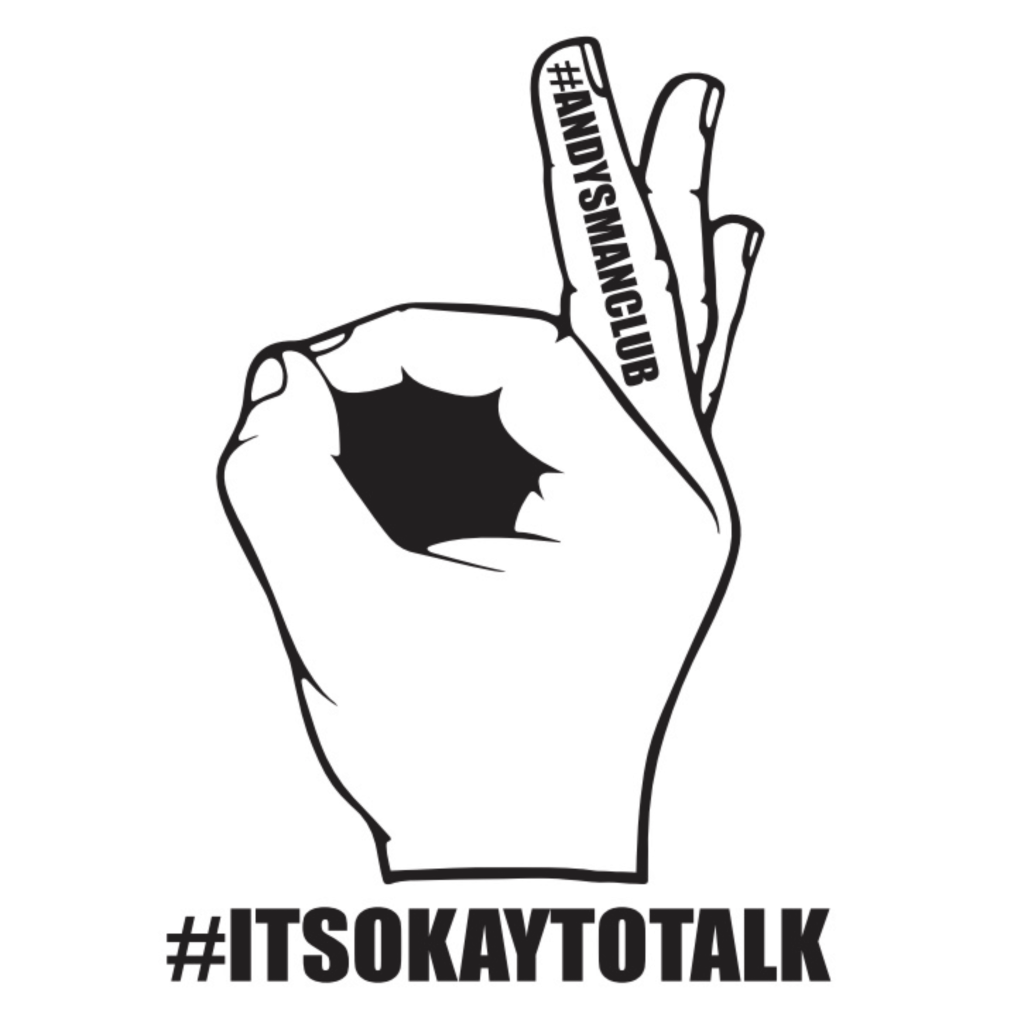What Does Depression Look Like in Men
Depression affects both men and women but it often manifests differently in men. While sadness and withdrawal are well-known symptoms, many men experience depression in ways that aren’t immediately obvious. It might show up as anger, irritability, physical symptoms or risky behaviour. Because these signs don’t always match the traditional image of depression, many men don’t recognise what they’re going through or feel reluctant to seek help. Understanding how depression shows up in men is key to breaking the stigma and making sure more men get the support they need.
Anger, Irritability and Frustration
While depression is often linked to sadness and hopelessness, men are more likely to express it as irritability, anger or frustration. This can come out as:
- Short-tempered reactions or snapping at others
- Constant annoyance, even over minor issues
- Outbursts of anger or aggression
- Increased frustration at work, at home or in social situations
Many men are taught from a young age that showing sadness is a sign of weakness, while anger is more “acceptable.” Instead of expressing distress through tears or talking about their feelings, depression may show up as tension and frustration.
Signs to Watch For
- Feeling more irritable than usual
- Getting angry at things that wouldn’t normally bother you
- Friends, family or colleagues commenting on changes in your mood
Physical Symptoms of Depression in Men
Depression isn’t just mental. It can take a real toll on the body. Many men report:
- Chronic fatigue and exhaustion, even after sleep
- Aches and pains, including headaches, muscle tension or stomach issues
- Changes in appetite, leading to weight gain or loss
- Sleep problems, including insomnia or oversleeping
- Loss of interest in sex or changes in libido
Because these symptoms don’t always seem related to mental health, men often go to their GP looking for a physical explanation, unaware that depression could be behind it.
Signs to Watch For
- A noticeable drop in energy levels or motivation
- Unexplained physical aches, pains or digestive issues
- Disruptions to sleep patterns or appetite
Risky or Numbing Behaviours as Coping Mechanisms
Instead of talking about their emotions, many men deal with depression through distraction, overworking or risky behaviours. This might look like:
- Drinking more alcohol or using drugs to numb emotions
- Overworking to avoid personal problems
- Driving recklessly or taking unnecessary risks
- Gambling or compulsive spending
- Over-exercising or pushing physical limits excessively
- Withdrawing from friends, family and activities they once enjoyed
These behaviours can bring short-term relief but don’t tackle the cause of the problem. In the long run they can make depression worse.
Signs to Watch For
- Drinking more than usual or taking bigger risks
- Using distractions like work or exercise to avoid emotions
- Losing interest in hobbies, socialising or relationships
Why Men Are Less Likely to Seek Help
One of the biggest reasons depression affects men differently is that many don’t reach out for support. Research shows that men are:
- Less likely to talk to friends or family about how they feel
- Less likely to seek professional help for depression
- More likely to believe they should handle it on their own
- More likely to see asking for help as weakness
This is often tied to social pressure. Many men feel they have to stay strong and in control, even when they are struggling. That silence can be damaging. It stops men getting the support they need and increases the risk of serious consequences, including suicide.
Male Depression Help
- Talk to someone you trust, whether it’s a mate, partner or family member
- Consider joining a men’s group like Andy’s Man Club or similar support networks
- Remind yourself: asking for help isn’t weak. It’s one of the strongest decisions you can make
How Therapy Can Help Manage Depression
Therapy gives men a space to explore what they’re feeling without pressure or judgment. It helps build awareness of how depression is affecting day-to-day life and offers tools to manage it more effectively.
One major benefit of therapy is learning how to express emotions in ways that feel manageable. Through approaches like mindfulness, reframing and self-compassion, men can build resilience and learn to handle low periods without shutting down or pushing people away.
Therapists can also help uncover what’s behind the depression. It could be past trauma, grief, pressure at work or problems in relationships. Whatever the cause, addressing it directly can lead to lasting changes in how you feel.
Depression in men doesn’t always look like sadness. It can show up as anger, tiredness, numbness or disconnection. If any of this feels familiar, you’re not alone. Support is available and things can get better.
Men’s Therapy Hub connects men with therapists who understand how depression affects men and how to work with it. You don’t have to keep it all in. You don’t have to deal with it by yourself.















